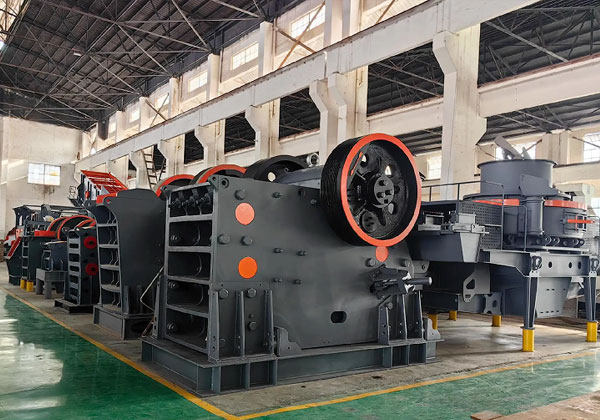Crushed stone aggregate is one of the most widely used construction materials globally. It serves as a fundamental component in concrete production, road construction, railway ballast, landscaping, and many other civil engineering applications. The process of producing crushed stone aggregate involves breaking down large rocks into smaller, manageable sizes using crushers. Understanding the pricing of crushed stone aggregate crushers is essential for construction companies, quarry operators, and investors looking to optimize costs without compromising on quality.
What is a Crushed Stone Aggregate Crusher?
A crushed stone aggregate crusher is a machine designed to reduce large rocks into smaller pieces suitable for construction and industrial use. Crushers vary by their design and crushing principle, with common types including:
-
Jaw Crushers: Use compressive force to crush large rocks.
-
Impact Crushers: Use impact energy to fracture rocks.
-
Cone Crushers: Apply compressive force through a rotating cone inside a fixed chamber.
-
Hammer Crushers: Utilize high-speed hammers to impact and break materials.
Each crusher type is suitable for specific kinds of rocks and production requirements.

Factors Affecting Crushed Stone Aggregate Crusher Price
The price of a crushed stone aggregate crusher varies based on several factors:
1. Type of Crusher
-
Jaw crushers generally cost less compared to impact or cone crushers due to simpler design.
-
Impact and cone crushers usually come at a higher price due to their advanced crushing mechanisms and ability to produce finer aggregates.
2. Capacity and Size
-
Crushers with higher capacity (measured in tons per hour) typically have higher price tags.
-
Larger crushers designed for industrial-scale operations cost more than smaller, portable crushers.
3. Brand and Manufacturer
-
Renowned brands with a proven track record usually price their machines higher but offer better durability, technology, and after-sales service.
-
Lesser-known or generic manufacturers may offer lower prices but may lack advanced features or reliability.
4. Material and Build Quality
-
Crushers built with premium materials and components will last longer but also come with increased costs.
-
Machines with wear-resistant parts can save money in the long run by reducing downtime.
5. Additional Features and Technology
-
Modern crushers with automation, remote control, and monitoring systems command higher prices.
-
Energy-efficient models may also cost more upfront but reduce operational expenses over time.
6. Geographical Location and Import Duties
-
Shipping costs, import taxes, and local regulations can affect the final price of crushers.
-
Local manufacturers may offer competitive pricing by avoiding heavy logistics expenses.
Typical Price Range
To provide a rough idea:
-
Small Portable Jaw Crushers: $5,000 to $30,000
-
Medium-Sized Jaw Crushers: $30,000 to $100,000
-
Impact Crushers: $20,000 to $150,000 depending on capacity and features
-
Cone Crushers: $50,000 to $200,000 or more for high-capacity industrial units
Prices fluctuate based on market demand, raw material costs, and technological upgrades.
How to Choose a Crusher Based on Price and Application
When considering the purchase of a crushed stone aggregate crusher, balance price with operational needs:
-
For small to medium-sized operations, a jaw crusher may offer the best cost-efficiency.
-
For producing finer aggregate or specific shapes, impact or cone crushers might be worth the investment.
-
Consider total cost of ownership, including maintenance, energy consumption, and downtime, not just initial price.
-
Assess your production capacity requirements carefully to avoid overpaying for unused capacity.
The crushed stone aggregate crusher price varies widely based on multiple factors including crusher type, capacity, brand, and features. Understanding these influences helps buyers make informed decisions aligned with their project needs and budget. Investing in the right crusher can lead to higher productivity, better aggregate quality, and ultimately, more profitable operations.

